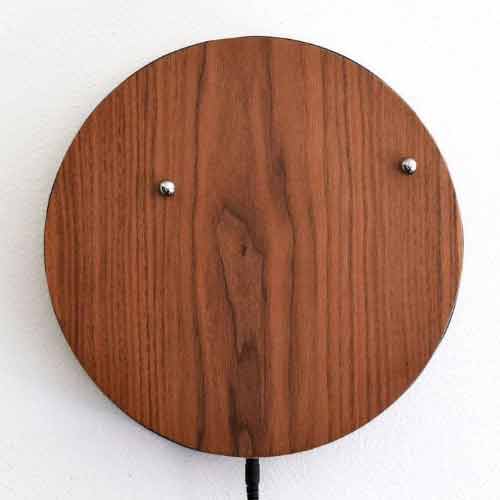Recent Post

Magnets in Restaurant Kitchens

Global supply challenges and HYAB’s role

Electromagnets – a more controllable magnet

Magnetic filtration in the process industry

Sheet metal handling – Easier with magnets
The role of magnets in clocks and timekeeping
Published: 2023-06-20 16:06:45 • Daniel Gårdefelt
Timekeeping equipment, including clocks, has advanced greatly throughout time. The science of keeping time has come to rely heavily on magnets. Let's explore the magnetic influence and see how the clock and timekeeping industry has changed as a result.
Due to their magnetic fields and other inherent qualities, magnets have proven to be extremely useful. Their capacity to exert force and regulate motion made the way for their incorporation into clocks, improving accuracy and robustness.
Pendulum clocks: The introduction of pendulum clocks in the 17th century was the first significant development. The pendulum's steady swinging motion, controlled by magnetic and gravitational forces, produced astounding accuracy. By reducing friction and air resistance, magnets were able to keep the pendulum swinging and maintain accurate timekeeping.
Fast-forward to the 20th century, and we see the development of quartz clocks and watches. Here, an electric field causes a quartz crystal to oscillate. The accuracy of the quartz oscillator is improved and the electric current is stabilized in large part thanks to magnets.
Automatic watches: Automatic watches have become extremely popular in the field of horology. Magnets guarantee the mainspring is wound smoothly and consistently in these marvels' rotor-based design. The watch doesn't need to be wound manually thanks to this self-winding feature, making it very practical and effective.
Modern Timekeeping: As technology develops at a fast pace, magnets have discovered new uses in atomic clocks, where they are employed to control atoms. These clocks, with their astounding accuracy, are crucial to the operation of GPS and numerous scientific projects.
Economic Impact: The addition of magnets to timekeeping equipment has improved accuracy while also having a positive economic impact. Magnetic-based clocks and watches have dominated the market thanks to their increased durability and low maintenance requirements.


